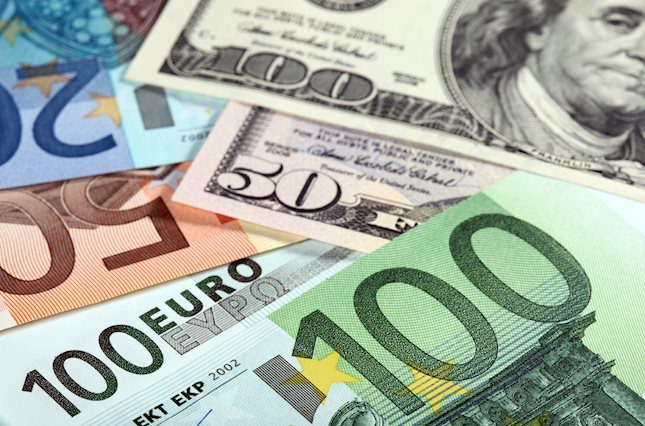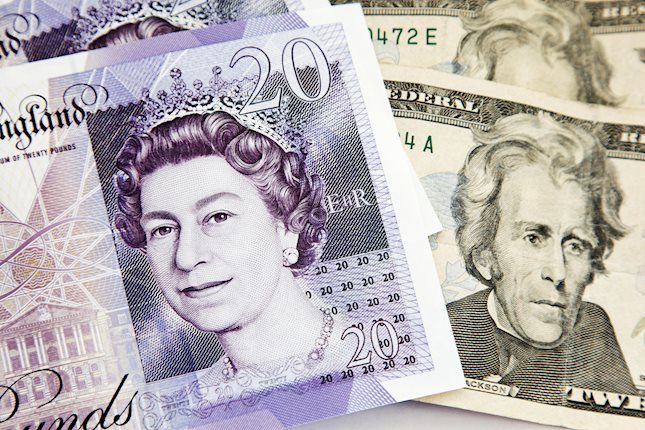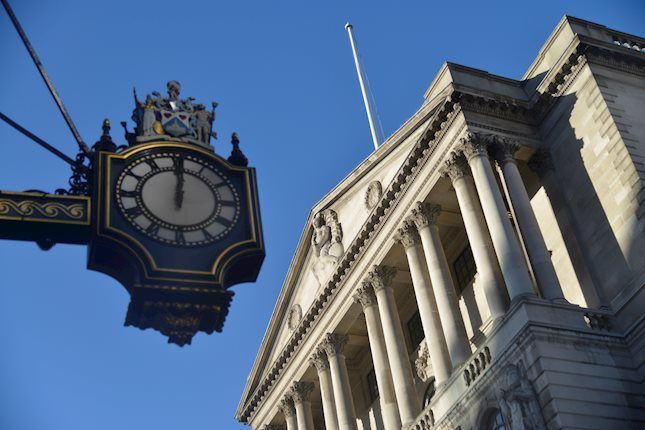On the face of it, Greeks are some of the most industrious people in the world. Almost a third of the work force is self-employed. That’s double the average of other Europeans who strike out on their own, and far above America’s 7%.
But for all of their ambitions and effort, these same Greeks appear to be very bad at money management.
According to their personal income tax filings, on average self-employed Greeks spend 82% of their income on debt service, paying for things like cars and homes.
For comparison, the rule of thumb in the U.S. is that debt service should take up no more than 30% of income. After all, people have to eat, buy gas, pay for clothes, etc.
In Greece, the problem gets worse when we look at individual sectors. Ironically, business owners in accounting and finance manage to spend 115% of their income on debt service, making them the worst money managers in the bunch. Other professionals who spend over 100% of their income on debt work in medicine, lodging, retail, and transportation.
Before you shed a tear for these hard-working souls that can’t seem to get ahead, you should know something: no one believes they’re telling the truth, particularly their banks and the government.
The taxpayers lie to avoid taxes, and the effort to catch them sheds light on why bitcoin won’t survive in its current form.
Like bankers everywhere, Greek bankers have to lend to make money. If they avoided all the self-starters who claim exceptionally low incomes to avoid taxes, then they would miss lucrative sections of the market.
So they did what any reasonable banker would do: they created their own model for estimating a person’s real income based on what they reported to the government.
This approach proved so accurate that a group of academic researchers were able to use the data to determine how much tax revenue these professionals were withholding from the state. In 2009, the number was 11 billion euro, or roughly 12% of Greek tax revenue for the year.
This goes a long way in explaining why Greece focuses so much effort on curbing tax evasion. The practice is driving the country to the poor house.
To combat it, a recent article suggests the government wants to drastically reduce the amount of cash that pensioners and civil servants can withdraw from banks. Instead, they would have to use debit and credit cards to spend.
It’s not that pensioners and civil servants are the ones guilty of tax evasion. The goal is to track funds flowing to service providers, like doctors and restaurants, who are among the worst tax evaders.
Whether true or not, the proposal sounds reasonable. The government simply wants to stop an illegal practice that places a higher burden on those that follow the rules.
But that ignores part of what drove tax evasion to such large levels in the first place. Constituents see the government as corrupt, with government officials demanding bribes before they’ll perform their duties. Even tax enforcement officials had a bribe schedule, highlighting what size of the bribe was required to get a tax liability reduced. In such a system, citizens that don’t evade taxes provide a free ride for all others.
Breaking the cycle requires a transformative change, like forcing most transactions through the banking system where they can be tracked. The government needs to know who has funds and where they are spent.
This is the antithesis of bitcoin, a system that prizes anonymity and ease of transfer around the world without banks or government interference.
The digital currency has become popular in Greece with tax evaders looking for an easy way to remain anonymous, and regular citizens concerned over the state of the country’s currency. If countries allow their citizens to move funds from the banking system to bitcoin, then wealth holders can choose what they report. It would completely undermine the government’s efforts to track the funds it’s losing.
Without transparency through official channels such as the Federal Reserve or the Office of Thrift Supervision – or the ability of the FBI, the IRS, or even local police to review accounts – using bitcoin, individuals and businesses can hide any and all transactions and transfers. This makes tax evasion and illicit activity easy. It doesn’t mean everyone will do it, just that it’s simpler.
But there doesn’t have to be an intent to break the law to make bitcoin tough for the government to swallow.
Another aspect of the Greek proposal is that funds previously withdrawn from banks now remain on their books. This recapitalizes banks using none of the government’s resources, and insures them larger deposit balances. That’s a great deal for banks, particularly if they are at risk of insolvency.
Right now savers can move their wealth to bitcoin at a moment’s notice. If bitcoin gained wide acceptance and banks started to falter, it would make sense for people to move more assets to bitcoin. This would only quicken the demise of banks, creating a self-fulfilling prophecy.
No matter how good this would be for individuals, it’s hard to see how it would be good for the government.
There is a way for bitcoin to counter at least part of these problems – provide records of ownership and transactions to bank regulators.
Of course, this ruins one of the main selling points of the digital currency, and flies in the face of why most owners use bitcoin in the first place.
It sort of reminds me of the old Woody Allen quote: “I’d never join a club that would have me as a member.”
The content of our articles is based on what we’ve learned as financial journalists. We do not offer personalized investment advice: you should not base investment decisions solely on what you read here. It’s your money and your responsibility. Our track record is based on hypothetical results and may not reflect the same results as actual trades. Likewise, past performance is no guarantee of future returns. Certain investments such as futures, options, and currency trading carry large potential rewards but also large potential risk. Don’t trade in these markets with money you can’t afford to lose. Delray Publishing LLC expressly forbids its writers from having a financial interest in their own securities or commodities recommendations to readers.
Recommended Content
Editors’ Picks

EUR/USD trades sideways below 1.0450 amid quiet markets
EUR/USD defends gains below 1.0450 in European trading on Monday. Thin trading heading into the Xmas holiday and a modest US Dollar rebound leaves the pair in a familair range. Meanwhile, ECB President Lagarde's comments fail to impress the Euro.

GBP/USD stays defensive below 1.2600 after UK Q3 GDP revision
GBP/USD trades on the defensive below 1.2600 in the European session on Monday. The pair holds lower ground following the downward revision to the third-quarter UK GDP data, which weighs negatively on the Pound Sterling amid a broad US Dollar uptick.

Gold price sticks to modest gains; upside seems limited amid USD dip-buying
Gold price attracts some follow-through buying at the start of a new week and looks to build on its recovery from a one-month low touched last Thursday. Geopolitical risks stemming from the protracted Russia-Ukraine war and tensions in the Middle East, along with trade war fears, turn out to be key factors benefiting the safe-haven precious metal.

The US Dollar ends the year on a strong note
The US Dollar ends the year on a strong note, hitting two-year highs at 108.45. The Fed expects a 50-point rate cut for the full year 2025 versus 4 cuts one quarter earlier, citing higher inflation forecasts and a stubbornly strong labour market.

Bank of England stays on hold, but a dovish front is building
Bank of England rates were maintained at 4.75% today, in line with expectations. However, the 6-3 vote split sent a moderately dovish signal to markets, prompting some dovish repricing and a weaker pound. We remain more dovish than market pricing for 2025.

Best Forex Brokers with Low Spreads
VERIFIED Low spreads are crucial for reducing trading costs. Explore top Forex brokers offering competitive spreads and high leverage. Compare options for EUR/USD, GBP/USD, USD/JPY, and Gold.